 Expert's opinion
Expert's opinion
Expert's opinion
The article is a subjective view on this topic written by writers specializing in medical writing.
It may reflect on a personal journey surrounding struggles with an illness or medical condition, involve product comparisons, diet considerations, or other health-related opinions.
Although the view is entirely that of the writer, it is based on academic experiences and scientific research they have conducted; it is fact-checked by a team of degreed medical experts, and validated by sources attached to the article.
The numbers in parenthesis (1,2,3) will take you to clickable links to related scientific papers.
10 Foods To Avoid While Breastfeeding & What To Eat 2024

Are there any foods to avoid while breastfeeding? Most are safe in moderation, but for some foods, you may need to limit or eliminate them. Then, there are certain foods to include in a mother’s diet that can benefit her and her baby.
Like during pregnancy, what a mother eats and drinks impacts her health, breastmilk, and the baby’s growth and development. Eating foods your baby is sensitive to can cause symptoms of an unhealthy baby, like trouble sleeping, excessive crying, digestive disorders, and more.
A healthy diet with safe and nutrient-dense superfoods is one way to guarantee a daily replenishment of the mom and baby’s nutrient supply, but which foods come with a disadvantage?
This article will look at a list of ten foods to limit or avoid while breastfeeding and which ones can promote a healthy mom, baby, and breast milk supply.
10 Foods To Not Eat While Breastfeeding
There’s not a strict list of off-limits list of foods to avoid while breastfeeding, but if you can tell your baby is having a negative reaction[1] to it, you should not eat it. It may help to know what the current top nine food allergens are since eight percent of the children population have food allergies.[2] Here they are.
- Cow’s milk/Dairy products.
- Eggs.
- Fish.
- Crustacean shellfish like shrimp, crab, and lobster.
- Tree nuts like almonds.
- Peanuts.
- Wheat.
- Soybeans.
- Sesame seeds.[3]
Eating foods your baby is sensitive or allergic to can cause a baby to have symptoms like:
- Poor sleep
- Body tension
- Belly ache or gas
- Nasal congestion or runny nose
- Skin problems, like eczema
- An increase in fussiness or crying
- Symptoms of colic[4]
- Diarrhea or bloody stools
- Constipation
- Reflux, vomiting, or frequent spit up
If you find yourself with an extra fussy baby that struggles to sleep or who has any of the other symptoms above, and the exact cause is unknown, you can always try an elimination diet. To do this, you would take a potential trouble-causing food and eliminate it from your diet for two or more weeks to see if symptoms improve.
While each mother and baby are different in what foods their body can tolerate, certain foods are known to increase the risk of problems. So let’s go over ten of those now.
Cow’s Milk
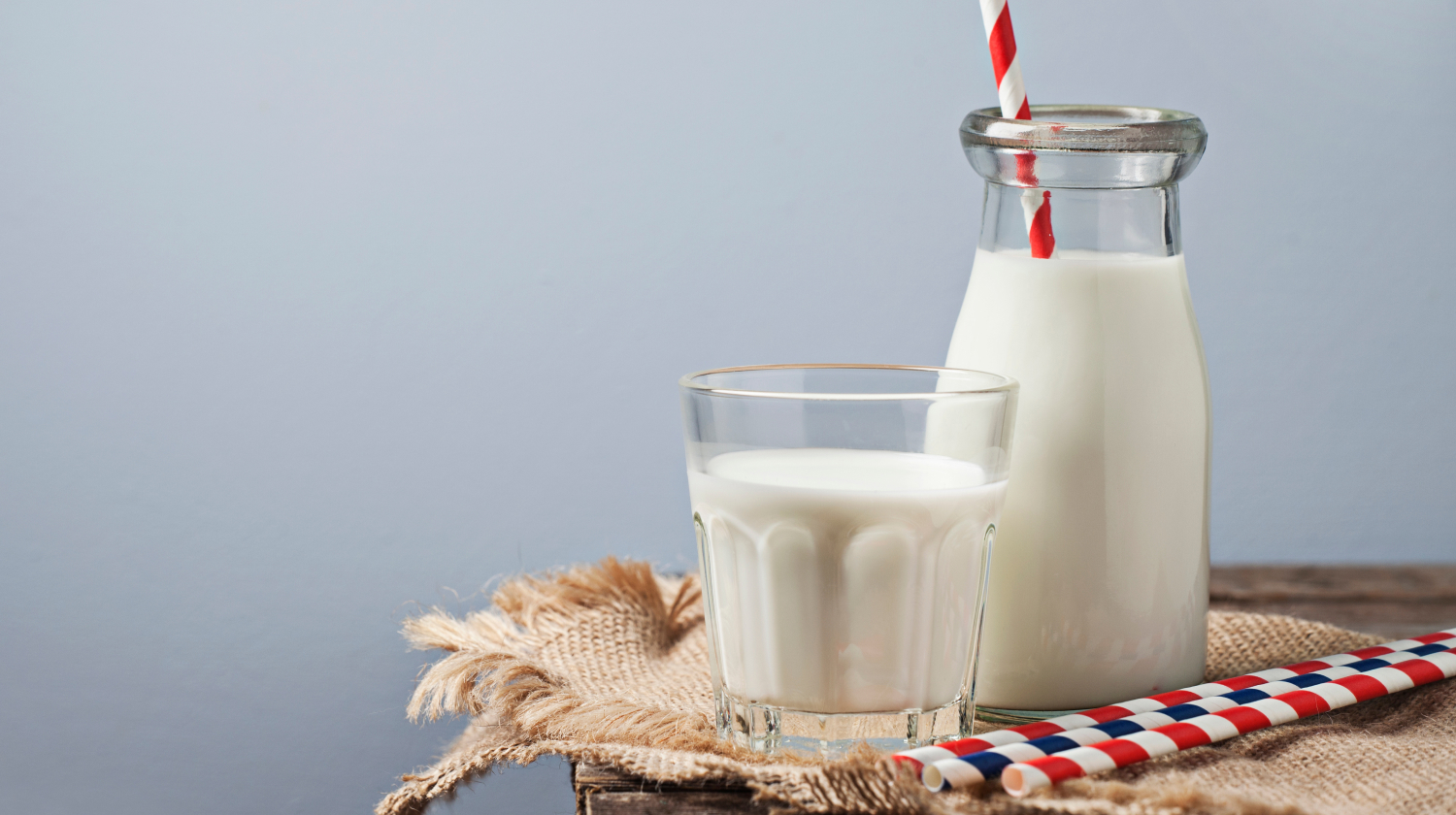
Cow’s milk is the leading food allergy compared to other foods, which affects an estimated 7%[5] of babies. Usually, this is caused by an allergy to cow’s milk protein known as casein.
The inability to digest dairy properly can result in gut inflammation, disturbing your baby’s sleep, among the other symptoms described for allergies. Thankfully there are many plant-based dairy alternatives now to replace all the cheese, ice cream, milk, and sour cream that was once only available from animal sources.
High-Mercury Fish
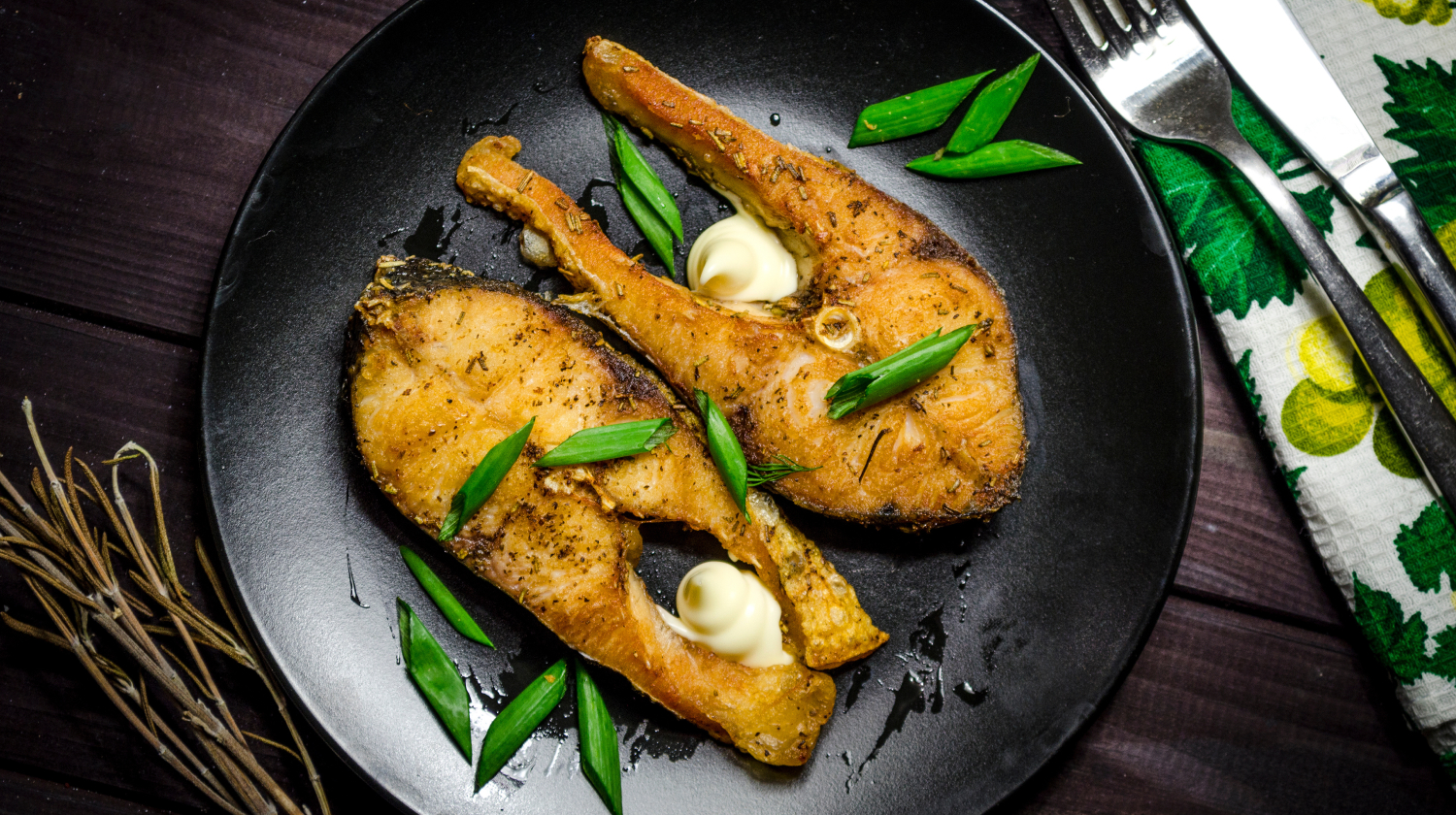
Some fish consume food with mercury, and since it absorbs into their meat when humans eat them, they ingest the mercury too, which can transfer right into breast milk.
Mercury[6] is a heavy metal that can build up in the body and brain. Eating fish at high consumption rates or being unable to detox from the mercury can result in poisoning that can alter a baby’s health and development. For this reason, some pregnant and breastfeeding moms choose to avoid fish with mercury altogether, while some limit it.
The most common high-mercury fish today are:
- King Mackerel
- Swordfish
- Shark
- Orange roughy
- Tilefish (Gulf of Mexico)
- Marlin
- Bigeye tuna
Eating four ounces of low-mercury fish two to three times a week can benefit both mother and baby. In addition, the Food and Drug Administration has a detailed fish foods to avoid while breastfeeding chart available at this link.[7]
Artificial Sweeteners
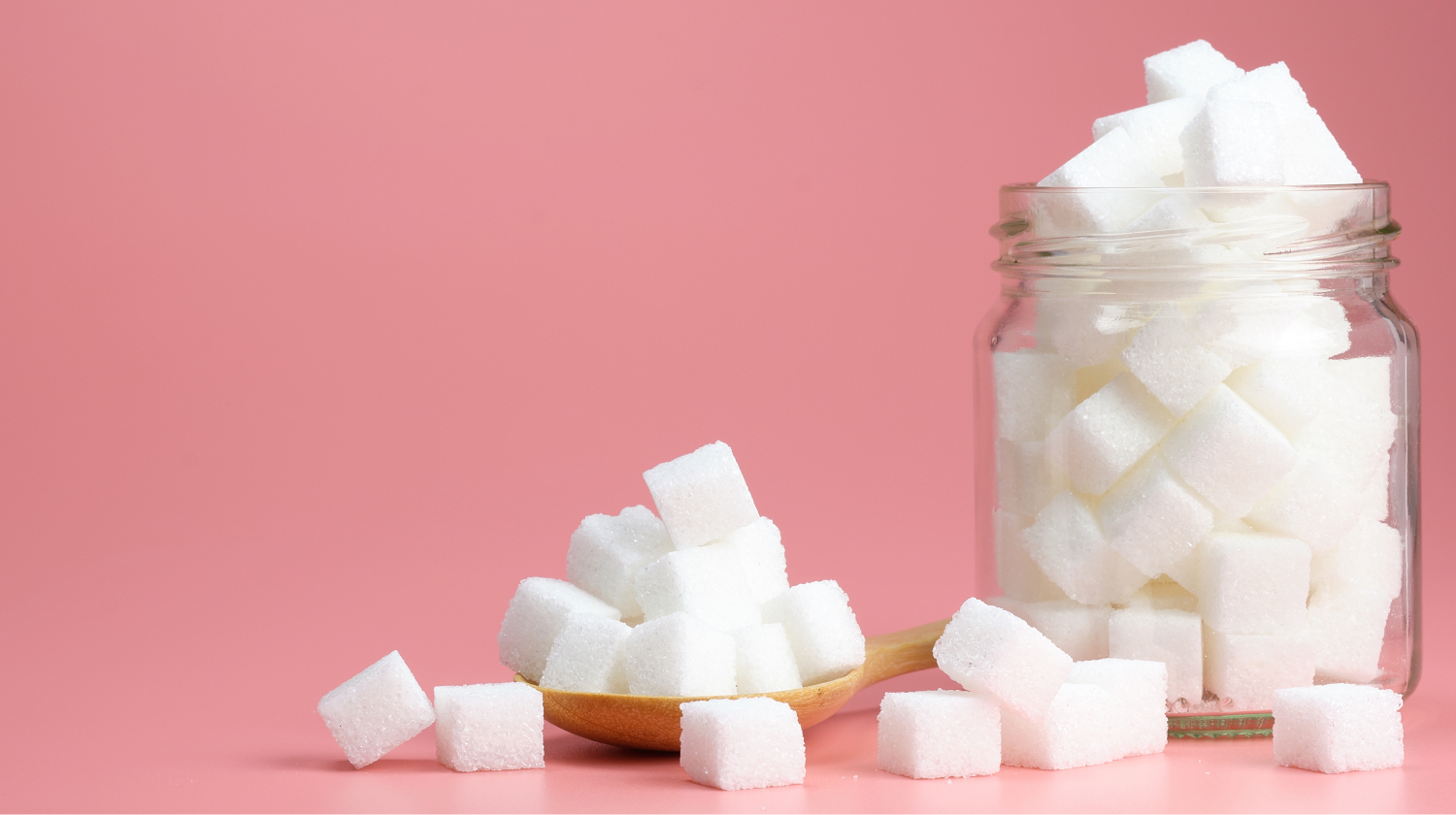
You may have noticed an increase in sugar-free products, and many of these add sucralose, saccharin, or aspartame instead of sugar. They also go by Sweet’N Low, Splenda, and Nutrasweet.
The artificial sweeteners pass through a mother’s breast milk.[8] Many people believe that these sweeteners are harmless and choose these versus natural sugar, but studies show artificial sugars have the potential to increase the risk of adverse reactions in the mother and baby, including:
- Obesity.
- Increase in body mass index.[9]
- Changes in the gut microbiome’s good bacteria.
- Increased preference for sweet foods.
- Increase in appetite.
- Increase in insulin resistance.
While more research is still needed to determine if there are any safe amounts of artificial sweeteners that breastfeeding moms can consume, the current evidence weighs in favor of eliminating them or limiting how much you have. Sticking with all-natural sweeteners like monk fruit, honey, maple syrup, or sweet fruits can help curb your sweet craving more healthily.
Artificial Food Dyes
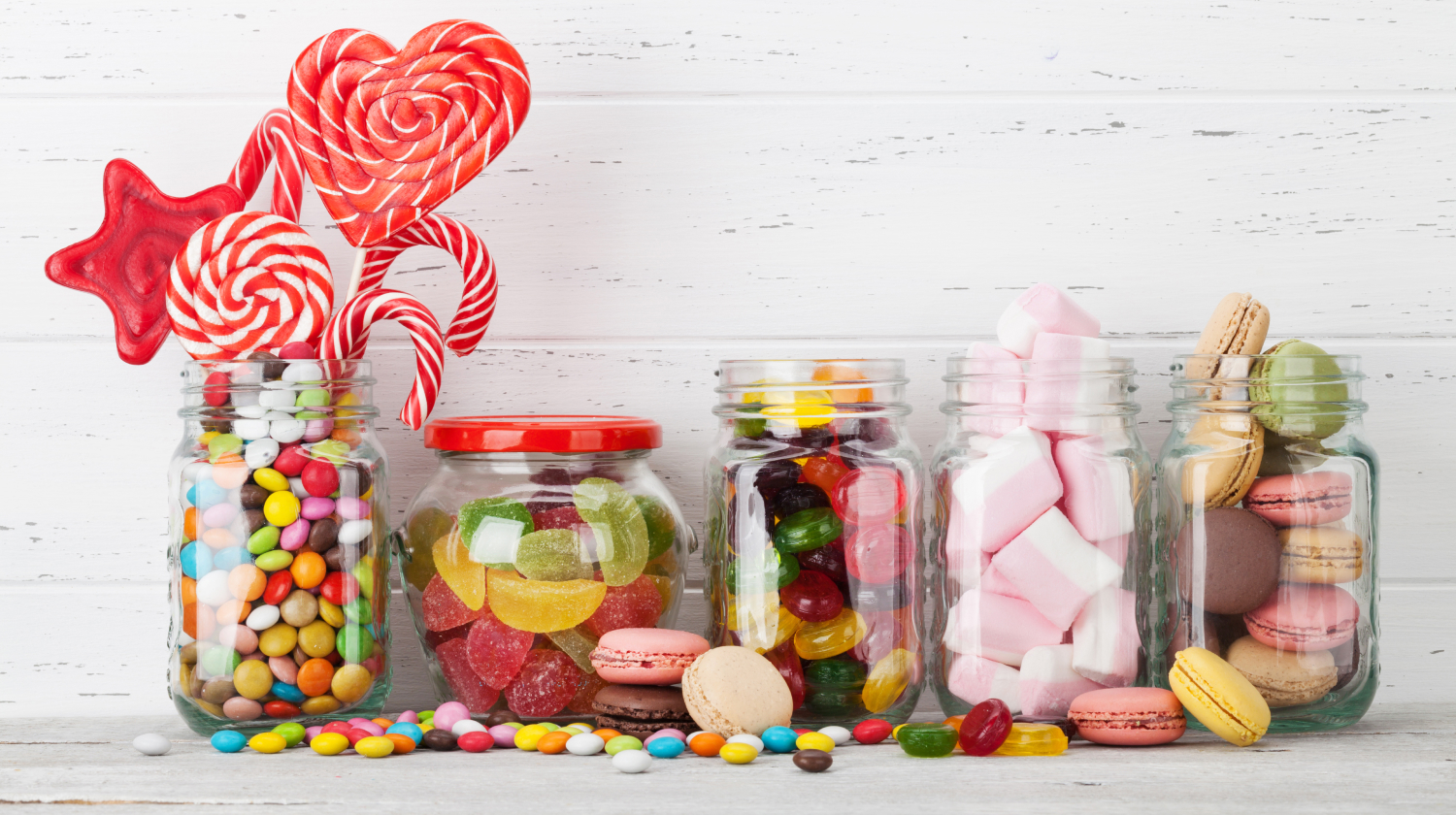
You may have heard of families excluding artificial food dyes from their diets, and for a good reason. From food coloring made from petroleum to crushed bugs, colors like Red 40, Blue 1, and Yellow 5 are everywhere you turn. But just because it’s for sale doesn’t mean it’s safe.
Studies show[10] artificial food dyes alter brain chemistry in animals and that there are links between consuming synthetic food coloring and behavioral changes in children, like sleeplessness, irritability, restlessness, and more.
Common food dyes are in some obvious foods like colored icing or cereals but are often in places you’d least suspect them too, like potato chips, white marshmallows, and fruit juice drinks.
Some brands create all-natural plant-based food coloring so you can still have those beautiful baby shower cupcakes.
Caffeine

When you’re breastfeeding, you may want to watch your caffeine intake. Since newborns lack the enzymes they need to metabolize caffeine, research shows the half-life of caffeine can carry on for several hours to several days[11] in the baby and can cause irritability, sleep disturbance, and restlessness.
You can find caffeine in:
- Energy drinks.
- Teas.
- Medications.
- Chocolate.
- Coffee.
- Sodas.
Alcohol
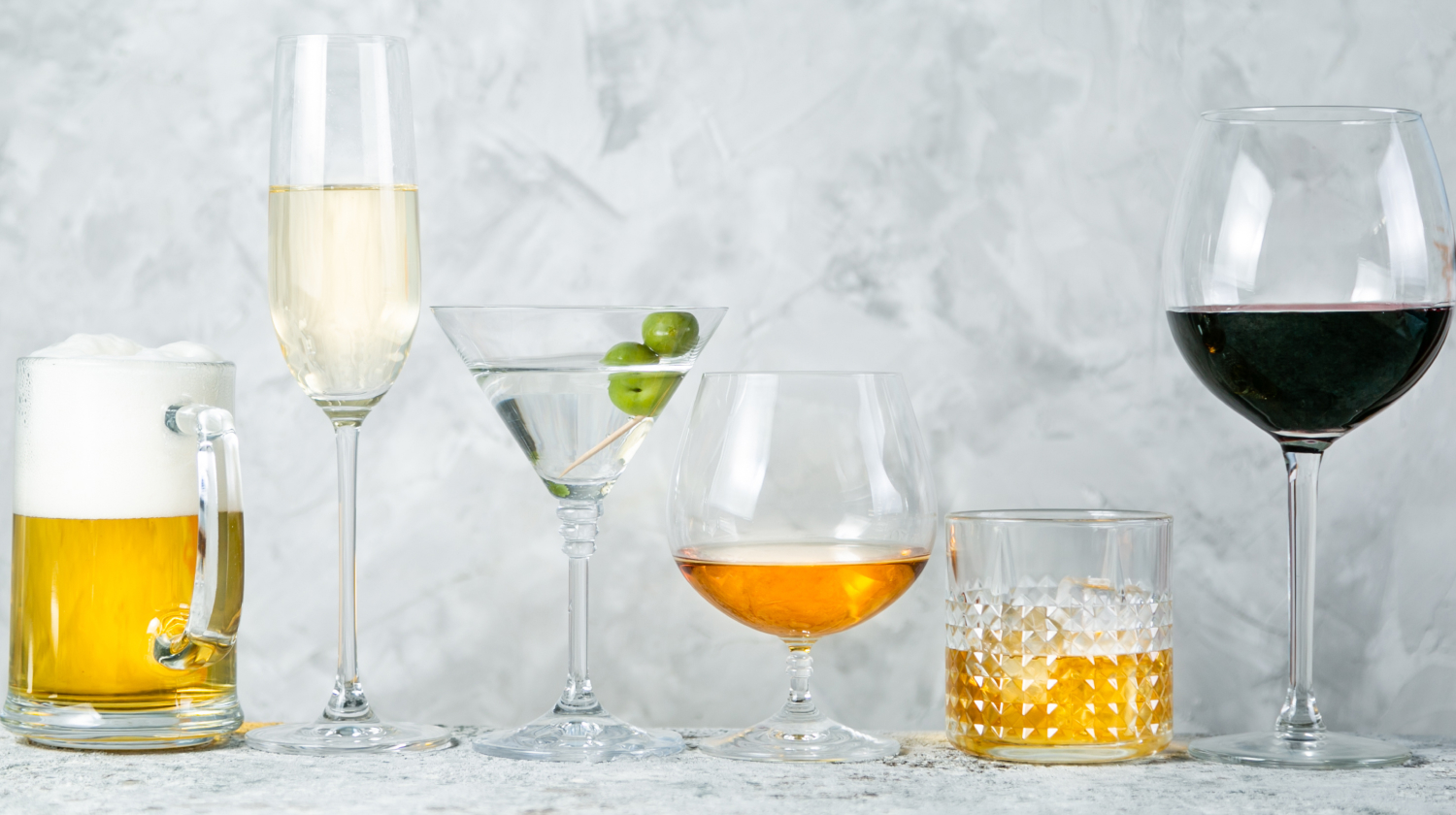
Alcohol is something you might need to avoid because depending on where you are in your nursing journey depends on if you can squeeze in an occasional drink. Guidelines[12] say you should wait at least two hours after consuming alcohol to breastfeed so that any alcohol has time to exit your bloodstream to prevent it from getting into your baby’s system. Pumping and dumping will not speed this up.
So if you have a new baby that is nursing every one to two hours, unless you have milk stored up to skip a feeding, this may not be your season for drinking alcohol. If your baby is already eating solid foods and goes several hours without needing to nurse, then it may be safe for you to partake.
It is important to note that studies show alcohol consumption can reduce[13] your amount of breast milk by 20%, disrupt your baby’s sleep, and may affect their development.
Soy
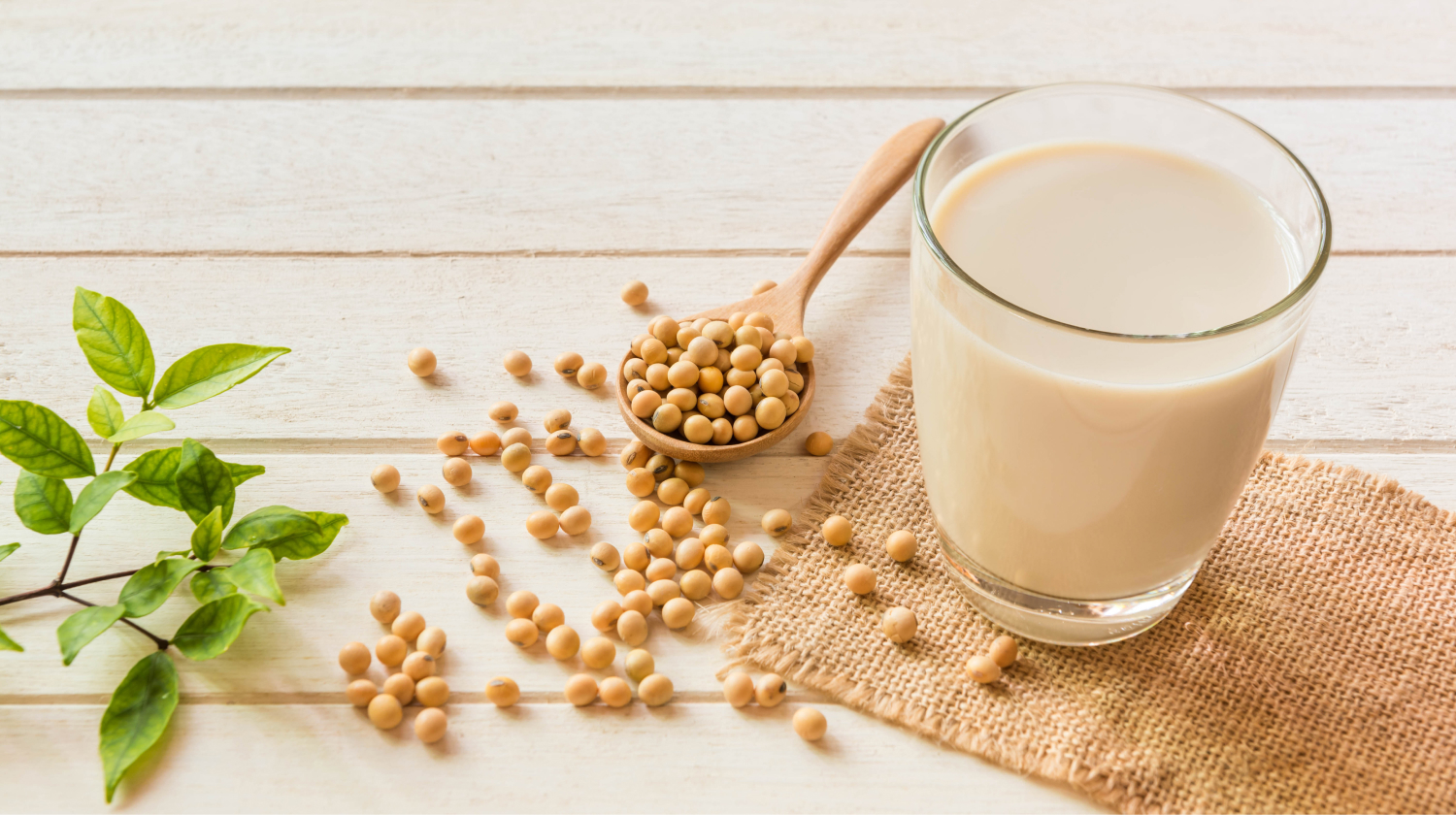
Soybeans are in many food and drink products today. While soy products are nutrient-dense, they also come with a food allergen risk and can cause hormonal imbalance.
Soy consumption[14] is associated with an increasing health situation among children called central precocious puberty, meaning the child goes through puberty several years sooner than expected. Interestingly enough, breastfeeding identifies as a protective factor against precious puberty.
Ultra-Processed Foods
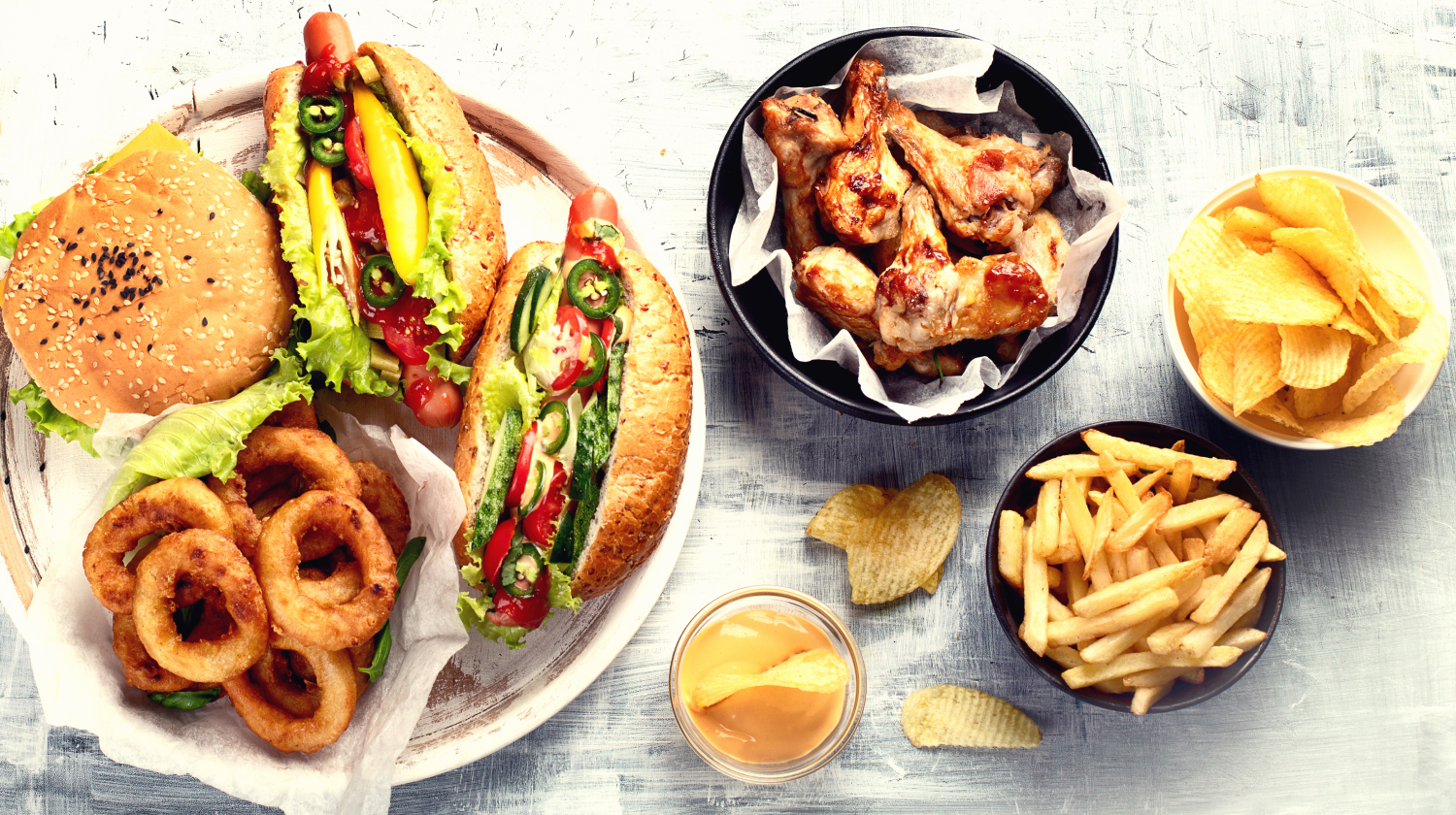
Many packaged and processed foods are low in nutrients but high in calories, sugar, unhealthy trans fats, and oils. Animal studies show that the mothers eating junk food during pregnancy and breastfeeding had offspring that were more prone to choose fatty, sugary, and salty foods[15] instead of protein.
These offspring were also at an increased risk for obesity with higher body weight and body mass index measurements than the non-junk food eating groups.
Some Herbs
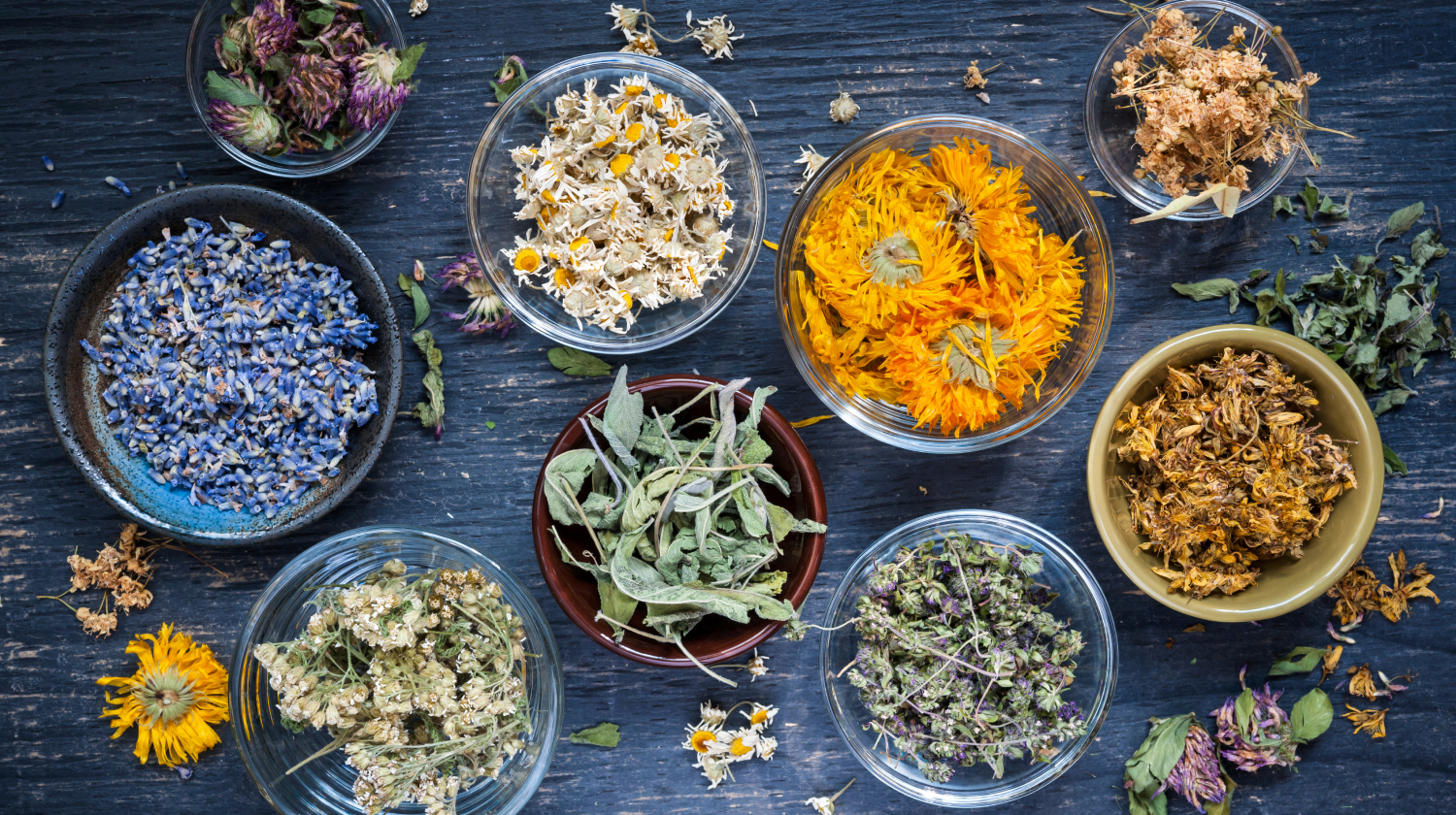
Several herbs have the potential to reduce milk supply and should be avoided while breastfeeding to help ensure a continued milk supply. You may find herbs in supplements, teas, and tinctures.
As always, check with your healthcare provider before starting a herbal supplement. These herbs in high amounts, or small amounts if you’re sensitive to them, may decrease your milk supply:
- Peppermint
- Sage
- Oregano
- Spearmint
- Thyme
- Rosemary
Wheat

Besides wheat being another top food allergen, if it is not organic wheat, it risks being a genetically-modified product sprayed with pesticides and insecticides, which have their own risks. Furthermore, consuming gluten means passing it on through breast milk, which increases the risk of celiac disease.[16]
Maternal Food Restriction Myths
You may have heard these myths about breastfeeding foods.
Can I eat spicy food while breastfeeding? What about strongly flavored foods?
Eating spicy foods or intense flavors may change the taste and smell of breast milk, but studies show[17] that babies tend to feed for a longer time and prefer a variety of flavors when the mother eats garlic extract.
Are there foods to avoid while breastfeeding to prevent gas?
Foods like beans and cabbage are gassy foods to many, but gas and fiber do not pass through breast milk, so unless the baby is sensitive to the food, it may not be what is making the baby gassy.
Although more research[1] is needed, spicy, flavorful, fiber-filled superfoods are considered safe, and there is not enough evidence to advise restricting them.
Now that we’ve gone over what foods to avoid while breastfeeding, let’s go over what foods to eat while breastfeeding.
Best Foods To Eat For Breastfeeding Moms
The foods that nursing mothers eat when breastfeeding can strongly predict[18] what their children will choose to eat. Here are some food options for a varied diet with essential nutrients:
- Oats and oat milk
- Fresh fruits
- Fresh leafy greens
- Breastfeeding-safe protein powder
- Beans
- Lean Protein
- Whole grains
- Lactogenic foods,[19] or foods to eat while breastfeeding to increase milk supply
- Nuts and seeds
- Low-mercury fish like scallops, wild salmon, canned light tuna, and catfish
- Grass-fed meats
- Healthy oils like extra virgin olive oil, coconut oil, and avocado oil
- Fermented foods like sourdough and sauerkraut
- Herbs that increase breast milk production like brewer’s yeast, alfalfa, fennel, moringa, milk thistle, vitex, goat’s rue, fenugreek
The Bottom Line
There is no direct list of what breastfeeding moms can and cannot eat. If you notice a pattern, avoid foods that cause allergic reaction symptoms. There are no foods to eat while breastfeeding to avoid colic, yet foods your baby is intolerant to can result in colic symptoms.
If you suspect any food allergies, consult a registered dietitian, lactation consultant, or your baby’s doctor. Consider an elimination diet for a few weeks to see if removing the food item will relieve your baby’s symptoms.
Do consume a well-balanced diet with plenty of iron-rich foods since postpartum anemia[20] is associated with discontinuing breastfeeding before the baby is four months old. You may consider regularly taking a postnatal vitamin to help provide you and your baby with the necessary nutrients.
+ 20 sources
Health Canal avoids using tertiary references. We have strict sourcing guidelines and rely on peer-reviewed studies, academic researches from medical associations and institutions. To ensure the accuracy of articles in Health Canal, you can read more about the editorial process here
- Jeong, G., Park, S.W., Lee, Y.K., Ko, S.Y. and Shin, S.M. (2017). Maternal food restrictions during breastfeeding. Korean Journal of Pediatrics, [online] 60(3), p.70. doi:10.3345/kjp.2017.60.3.70.
- Usda.gov. (2021). Food Allergies: Supporting Safety in the School Environment. [online] Available at: https://www.usda.gov/media/blog/2017/05/18/food-allergies-supporting-safety-school-environment
- National Institutes of Health (NIH). (2019). Sesame allergy common among children with food allergies. [online] Available at: https://www.nih.gov/news-events/nih-research-matters/sesame-allergy-common-among-children-food-allergies
- Mayo Clinic. (2022). Colic – Symptoms and causes. [online] Available at: https://www.mayoclinic.org/diseases-conditions/colic/symptoms-causes/syc-20371074
- NHS Choices (2023). What should I do if I think my baby is allergic or intolerant to cows’ milk? [online] Available at: https://www.nhs.uk/common-health-questions/childrens-health/what-should-i-do-if-i-think-my-baby-is-allergic-or-intolerant-to-cows-milk/
- Bose-O’Reilly, S., McCarty, K.M., Steckling, N. and Lettmeier, B. (2010). Mercury Exposure and Children’s Health. Current Problems in Pediatric and Adolescent Health Care, [online] 40(8), pp.186–215. doi:10.1016/j.cppeds.2010.07.002.
- Center (2022). Advice About Eating Fish. [online] U.S. Food and Drug Administration. Available at: https://www.fda.gov/food/consumers/advice-about-eating-fish
- Sylvetsky, A.C., Gardner, A.L., Bauman, V., Blau, J.E., Garraffo, H.M., Walter, P.J. and Rother, K.I. (2015). Nonnutritive Sweeteners in Breast Milk. Journal of Toxicology and Environmental Health, Part A, [online] 78(16), pp.1029–1032. doi:10.1080/15287394.2015.1053646.
- Azad, M.B., Sharma, A.K., de Souza, R.J., Dolinsky, V.W., Becker, A.B., Mandhane, P.J., Turvey, S.E., Subbarao, P., Lefebvre, D.L. and Sears, M.R. (2016). Association Between Artificially Sweetened Beverage Consumption During Pregnancy and Infant Body Mass Index. JAMA Pediatrics, [online] 170(7), p.662. doi:10.1001/jamapediatrics.2016.0301.
- Potera, C. (2010). DIET AND NUTRITION: The Artificial Food Dye Blues. Environmental Health Perspectives, [online] 118(10). doi:10.1289/ehp.118-a428.
- Budzynska, K., Gardner, Z.E., Dog, T.L. and Gardiner, P. (2013). Complementary, Holistic, and Integrative Medicine: Advice for Clinicians on Herbs and Breastfeeding. Pediatrics in Review, [online] 34(8), pp.343–353. doi:10.1542/pir.34-8-343.
- HealthyChildren.org. (2023). Alcohol & Breast Milk. [online] Available at: https://www.healthychildren.org/English/ages-stages/baby/breastfeeding/Pages/Alcohol-Breast-Milk.aspx
- GIGLIA, R. and BINNS, C. (2006). Alcohol and lactation: A systematic review. Nutrition Dietetics, [online] 63(2), pp.103–116. doi:10.1111/j.1747-0080.2006.00056.x.
- Felício, J.S., de Alcântara, A.L., Janaú, L.C., de Moraes, L.V., de Oliveira, M.C.N.I., de Lemos, M.N., de Souza Neto, N.J.K., Neto, J.F.A., da Silva, W.M., de Souza, Í.J.A., Said, N.M., de Lemos, G.N., Vieira, G.M., Khayat, A.S., Santos, Â.K.C.R. dos, de Queiroz, N.N.M., de Sousa, A.C.C.B., Santos, M.C. dos, de Melo, F.T.C. and Piani, P.P.F. (2021). Association of Soy and Exclusive Breastfeeding With Central Precocious Puberty: A Case-Control Study. Frontiers in Endocrinology, [online] 12. doi:10.3389/fendo.2021.667029.
- Bayol, S.A., Farrington, S.J. and Stickland, N.C. (2007). A maternal ‘junk food’ diet in pregnancy and lactation promotes an exacerbated taste for ‘junk food’ and a greater propensity for obesity in rat offspring. British Journal of Nutrition, [online] 98(04). doi:10.1017/s0007114507812037.
- Benítez-Páez, A., Olivares, M., Szajewska, H., Pieścik-Lech, M., Polanco, I., Castillejo, G., Nuñez, M., Ribes-Koninckx, C., Korponay-Szabó, I.R., Koletzko, S., Meijer, C.R., Mearin, M.L. and Sanz, Y. (2020). Breast-Milk Microbiota Linked to Celiac Disease Development in Children: A Pilot Study From the PreventCD Cohort. Frontiers in Microbiology, [online] 11. doi:10.3389/fmicb.2020.01335.
- Nih.gov. (2021). Garlic. [online] Available at: https://www.ncbi.nlm.nih.gov/books/NBK501782/
- De Cosmi, V., Scaglioni, S. and Agostoni, C. (2017). Early Taste Experiences and Later Food Choices. Nutrients, [online] 9(2), p.107. doi:10.3390/nu9020107.
- UW MEDICINE. (2018). Herbs and Foods to Increase Your Breast Milk Supply. [online] Available at: https://www.uwmedicine.org/sites/stevie/files/2018-11/Herbs-Foods-Increase-Your-Breast-Milk-Supply.pdf
- Rioux, F.M., Savoie, N. and Allard, J. (2006). Is There a Link Between Postpartum Anemia And Discontinuation of Breastfeeding?. Canadian Journal of Dietetic Practice and Research, [online] 67(2), pp.72–76. doi:10.3148/67.2.2006.72.



